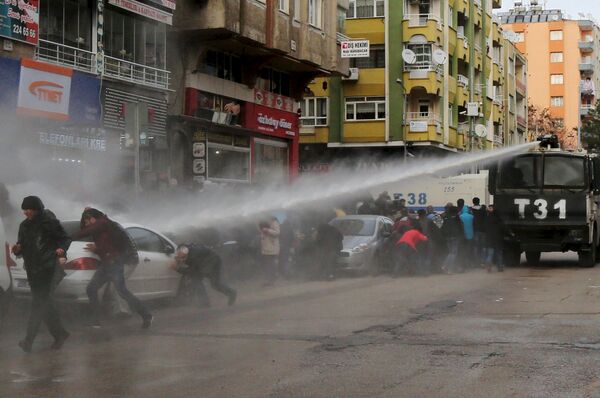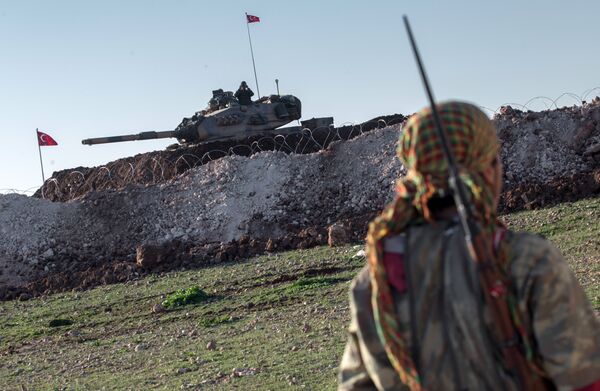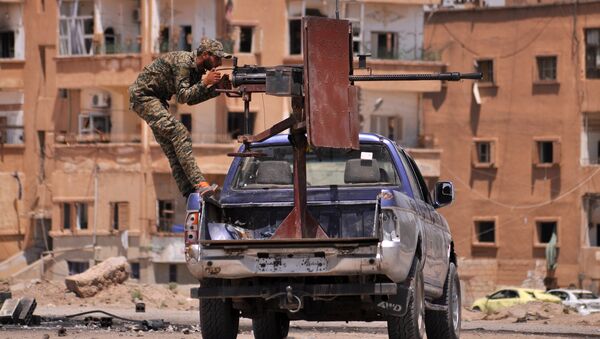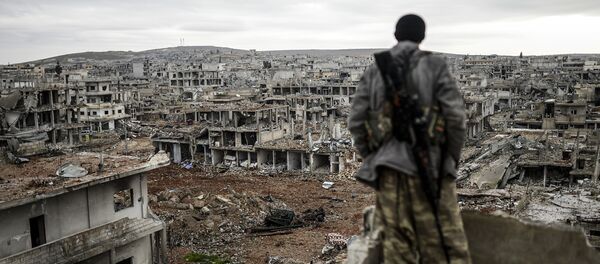Turkish authorities will likely take the news of the YPG's plans poorly. On the one hand, Ankara has failed to secure the porous border area despite repeated promises to address the issue, thus contributing to Daesh's resilience and longevity. On the other hand, the Turkish leadership views the YPG as a terrorist organization.

Turkey has repeatedly warned that it would not allow the Kurds to cross west of the Euphrates. Yet, the Kurds are one of the few forces that are capable of fighting against Daesh and other radical groups, who are trying to expand their reach in Iraq, Syria and beyond. For its part, Ankara's anti-Daesh efforts have been limited in scope and efficiency.

Nevertheless, Turkey has succeeded in blocking Kurdish participation in the UN-backed peace talks, although Russia and the United States have been in favor. Representatives of the Democratic Union Party (PYD), a Kurdish political party in northern Syria which formed the YPG in 2004, were not invited to take part in the talks, scheduled to begin this week.
On Wednesday, the Turkey's National Security Council issued a statement saying that the PYD and the YPG could play "no role in the future of Syria."
Moscow has long insisted that all parties to the conflict, except terrorists, need to take part in the peace process. Otherwise, it will not bring a lasting peace to the war-ravaged country. On Tuesday, Russian Foreign Minister Sergei Lavrov reiterated that without the PYD the negotiations would not lead to "a final political settlement."




